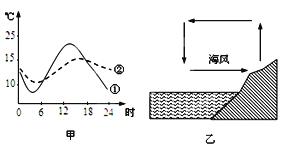Dutch treat is a late-nineteenth-century term, and it originally refers to a dinner where everyone is expected to pay for his own share of the food and drink. If people go “Dutch treat”, or simply “go Dutch”, it means that they will share the expenses of a social engagement.
There are many other “Dutch” expressions in English, many of which were invented in Britain in the seventeenth century, when the Dutch and the English were commercial and military rivals. The British used “Dutch” to refer to something bad, cheap and shameful. A “Dutch bargain” at that time was an uneven, one-sided deal; “Dutch reckoning” was an unitemized(未逐条记载的) account; and “Dutch widow” was slang for prostitute. Later centuries brought in “Dutch courage”, for bravery caused by drink; “Dutch concert”, for noisy music; “Dutch nightingale”, meaning a frog; and “double Dutch”, for incomprehensible language or talk.
Some of the expressions are still in use today, but some are not. In fact, in American English, some “Dutch” expressions have nothing to do with the Dutch, but something with the German. It was probably because of the similar spelling and pronunciation that people made a mistake in distinguishing between “Dutch” and “Deutsch” (the German word for German), when German immigrants came to America in the 1700s. For instance, “the Pennsylvania Dutch” refers to the German descendants, instead of the Dutch descendants, living in Pennsylvania.
小题1:Many of the “Dutch” expressions were invented with negative sense, because ___________.
A.The Dutch were underdeveloped people.
B.Britain and Holland were competitors at that time.
C.The Dutch had many bad habits.
D.The British were superior to the Dutch.小题2: With the information you get from Paragraph 2, make a guess at the meaning of the sentence “You are in Dutch”. It probably means ____________ .
A.You are in Holland.
B.You are welcome.
C.You are in trouble.
D.You are lucky.小题3:According to the passage, some native American “Dutch” expressions were related to the German instead of the Dutch, simply because ______________.
A.People hated the German as much as the Dutch.
B.People made a mistake at the beginning.
C.People made a joke about the German.
D.The German immigrants proclaimed that they were Dutch.

